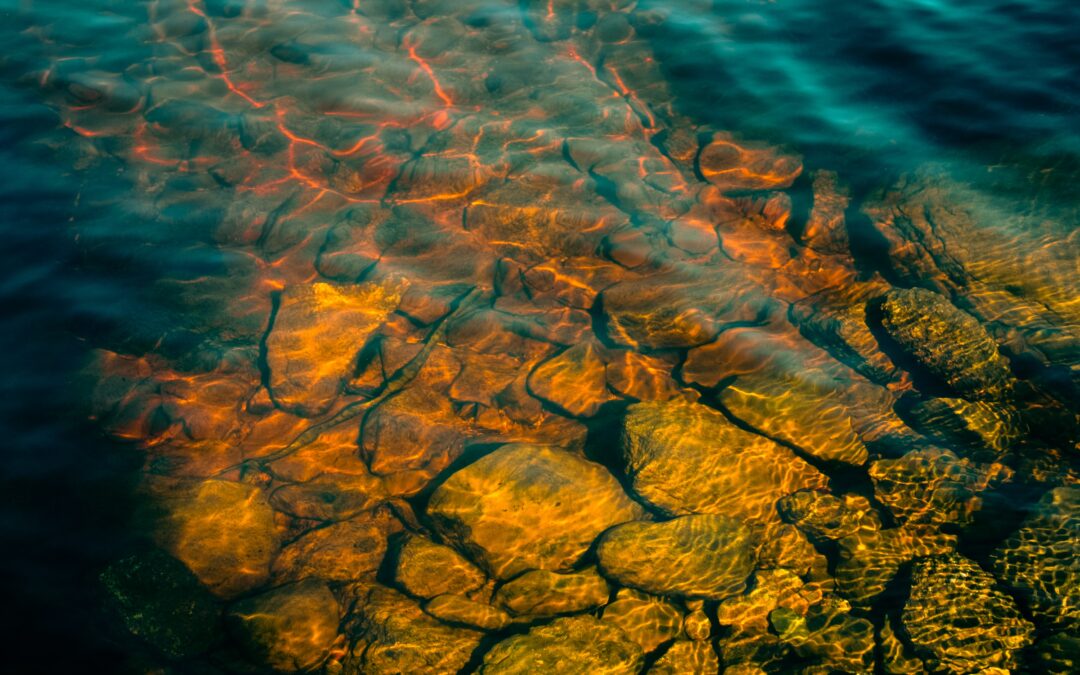A preschooler, I worry wide-eyed that the Rio Grande’s current will sweep me away with the car in which my parents have placed me. The water and flow rise with my terror, but the adults manage to forge the river safely back into Texas after our day of ministry in Mexico.
In the 24th Psalm, David grounds his claim that Yahweh rightfully owns everything everywhere with the observation that Yahweh is the one who places the land on the waters at creation. We do not think in terms of water being beneath everything, but it is a common understanding in the ancient world. A few hundred years after the claim of David’s song, a Greek mathematician-scientist-engineer-philosopher, Thales, reasons that water must be the foundation of all things.
For Abraham, crossing the Euphrates means risking everything, leaving an old world behind for a new one—just as crossing the Red Sea and the Jordan River do for Israel. But as Joshua points out to the people at the end of his life, it also means choosing to follow a new God. “Put away the gods that your fathers served beyond the River and in Egypt, and serve Yahweh. And if it is evil in your eyes to serve Yahweh, choose this day whom you will serve, whether the gods your fathers served in the region beyond the River, or the gods of the Amorites in whose land you dwell. But as for me and my house, we will serve Yahweh.”
To the ancient mind, the waters are primordial, chaotic; dividing the world among deities just as they do topography into social and political regions. In contrast, David makes clear that all the waters are Yahweh’s from creation, and that all the earth which he places on the waters at creation—which is, of course, all of it—belongs to him. Whether from the Mediterranean and Tarshish to Nineveh in the East, or across the Sea of Galilee to Decapolis, prophets and disciples learn that there is no border segregating a land or people from Yahweh’s ownership.
To a week demonstrating in our obedience to Jesus that the earth is his, and the fullness thereof.

